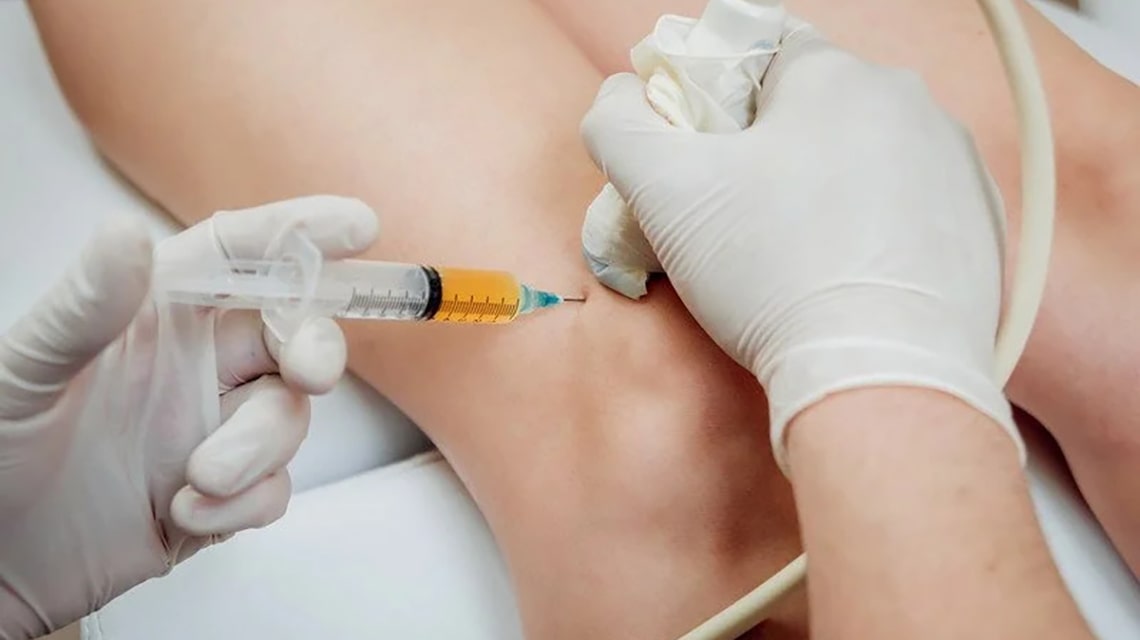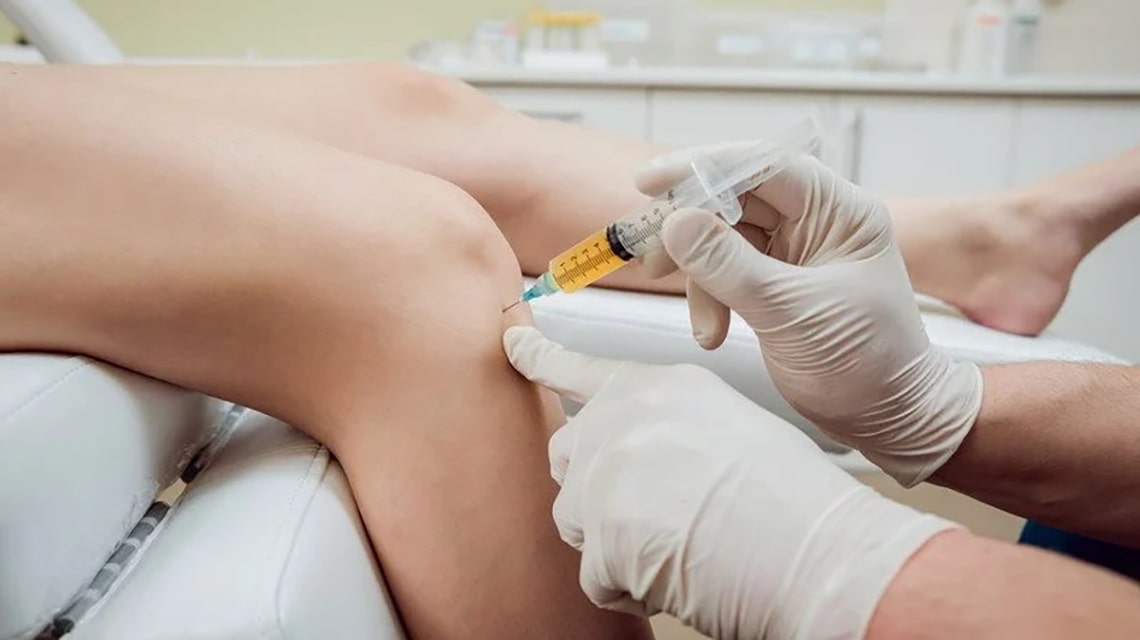Wound Healing: The Potential for PRP and Anti-Inflammatories

Doctors undergoing PRP therapy training at Apex Biologix are reminded of the fact that PRP (platelet-rich plasma) has been utilized to promote healing of chronic wounds for more than 20 years.
They are reminded that surgeons often use PRP therapy to speed up the healing process following complex procedures. We may have something new to share with our doctors in the future thanks to a new study looking at the use of anti-inflammatory drugs alongside total nucleated cell therapy for wound healing.
Indian researchers from the Academy of Scientific & Innovative Research in Hyderabad have devised a technique for combining total nucleated cell therapy with anti-inflammatory medication to promote chronic wound healing. The study looked mainly at instances in which serious inflammation was inhibiting wound healing by damaging total nucleated cells. Researchers discovered that using a certain kind of anti-inflammatory drug allowed total nucleated cells to continue their healing work without interruption.
The idea for the research was founded in the knowledge that total nucleated cells are critical for replacing damaged tissue, including skin and blood vessels. In people with chronic wounds, however, healing is difficult because the body has a hard time re-growing that much-needed tissue. The culprit is inflammation.
Avoid Inflammation, Advance Healing
We already knew that inflammation is an immune system response to foreign bodies. Researchers discovered that in the case of chronic wounds, one unfortunate result of the immunological response is the death of total nucleated cells that are vital to tissue regeneration. It’s as though the total nucleated cells are trying to do their job but are attacked by an immune system also trying to do its job.
For the purposes of the research, an anti-inflammatory medicine that is commonly produced in tablet form was used to manage inflammation. It turns out that the drug produced two positive effects. First, it controlled inflammation as was intended. More importantly though, the drug appeared to induce total nucleated cells to differentiate into skin cells more quickly, thus leading to faster healing.
The implications of this research are pretty astounding. Any effective treatments developed as a result of the research could make an enormous difference for people suffering from diabetes and other conditions in which chronic wounds are a problem. It could even help patients undergoing chemotherapy and radiotherapy. The best part is that such treatments would be minimally invasive and largely risk-free.
Combining the Three Treatments into One
We can already see the potential of anti-inflammatory medicine and total nucleated cells when combined with PRP therapy for wound healing. Surgeons are big proponents of PRP because it contains numerous growth factors that promote the healing process and, at the same time, signal the body to send more total nucleated cells to the affected area.
Imagine a combined treatment that takes advantage of the growth factors in PRP, the regenerative nature of total nucleated cells, and the ability of anti-inflammatory medications to prevent the body from interfering with the wound healing process. We could be looking at the near elimination of limb amputations as a result of chronic wounds.
It is still too early to tell whether the research from India will prove profitable for wound healing or not. Still, we cannot help but get excited when we learn of studies like this. Here at Apex Biologix, we are all about helping people live better lives by training doctors in the effective use of PRP and total nucleated cell therapies. Every opportunity to see a new therapy developed is good news to us.
Are you looking to add PRP and total nucleated cell therapies to your practice? If so, be sure to register for our next training session.
-3.jpg?width=693&height=225&name=Apex%20Logo%20(NEW%20-w-o%20gradient)-3.jpg)

